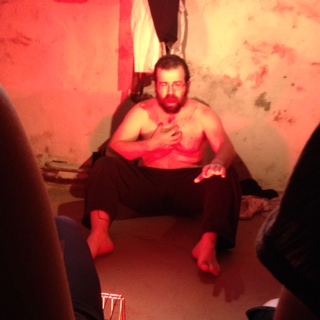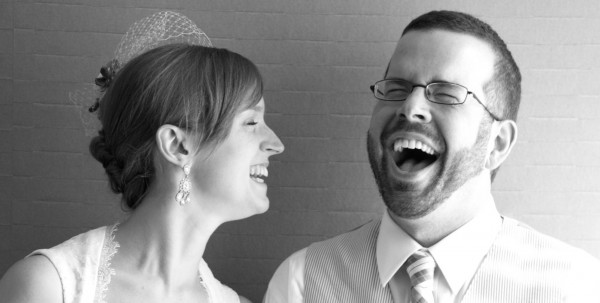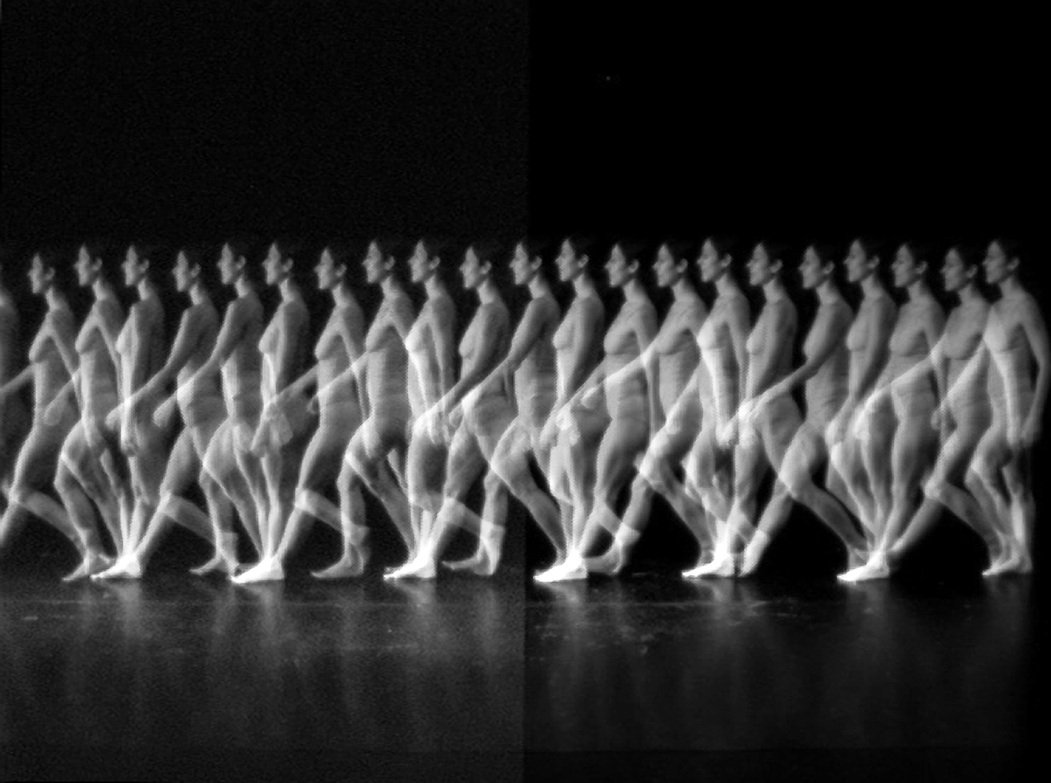In 1921, Luigi Pirandello wrote the play “Six Characters in Search of an Author.” A half-dozen actors show up in the theater as incomplete characters looking for someone to finish their stories. In this absurdist masterpiece, the completion they find is disavowal, suicide, an accidental drowning, a great deal of confusion, and the playwright’s wondering why he ever agreed to get involved in the first place. Who would have thought that unfinished characters showing up today could find a more meaningful sense of completion in the most mundane of life’s details, but the characters in a pair of one act plays called “Sweating” and “Sleeping” (staged as part of Philadelphia’s on-going Solofest) did just that.
Steve Gravelle has hyperhidrosis, a condition characterized by excessive perspiration. We learn that one in 20 individuals is a chronic sweater, but Gravelle didn’t find anyone else who would admit to the condition until well into adulthood, so he mostly bore the stigmata of near-constant wetness alone. That kind of humidity can do something to you.
Standing in a basement under a cluster of blazing stage lights, he told us just what it was like in a series of funny, sad, profane, and revelatory vignettes, each concluding with his changing his shirt. As our own moisture gradually merged with his, it became like a crowded sauna down there, brilliantly setting the stage for Gravelle’s description of his time in a sweat lodge with a group of Quakers who had taken the ancient Indian ritual for their own. Gasping from breathing in and being nearly consumed by the intense heat, the experience ultimately produces a calm euphoria—a visceral arc that each of us got to travel with this very physical actor.
 The sweat lodge story may have been the first time that sweating was good for Gravelle, but in a further advance towards acceptance, his marriage ceremony became another. In Philadelphia, the end of July better come with air-conditioning if you’re going to host a wedding reception here. But in a laugh from the gods that was aimed directly at him, electrical transformers exploded, turning the reception hall into its own kind of sweat lodge.
The sweat lodge story may have been the first time that sweating was good for Gravelle, but in a further advance towards acceptance, his marriage ceremony became another. In Philadelphia, the end of July better come with air-conditioning if you’re going to host a wedding reception here. But in a laugh from the gods that was aimed directly at him, electrical transformers exploded, turning the reception hall into its own kind of sweat lodge.
Instead of resignation to the absurdity, Gravelle had wrestled with his flowing pores for so long that (in this most sacred of life-moments) he ended up accepting his fate in an abandon of joyous dancing. My only regret was that he didn’t do more to show us his abandon in a rhythmic whirl of cast-off droplets, like a congregation’s blessing during Asperges.
Sara Nye is Gravelle’s wife, and the angle she claimed to illustrate her life was the tendency to fall asleep at the most inopportune, embarrassing and occasionally appropriate times. These one act plays were staged in a South Philadelphia brownstone, and for “Sleeping” the audience repaired from cellar to upstairs bedroom with chairs arrayed in similarly claustrophobic manner, this time around an ample bed. Nye is a dancer and collaborator in the creation of spoken soundscapes that envelope a dancer’s movements. The recording of her soft-spoken narration here was underscored by lilting, almost hypnotic music, dotted (at least in the beginning) with strange exclamations and cries, presumably from somewhere in her unconscious.
Nye used the bed the way painter Francis Bacon locates his figures—as a stage for tremendous physicality. She gyrated, tented herself beneath the sheets, draped her torso over a corner, cosseted herself like a queen in the comforter, thrust her legs into the air, and caressed the sleeping pillow of her husband: all to illustrate how whatever she’s doing can be so easily overtaken by the oblivion of sleep.
While Nye’s precision was always supported by her gorgeously mesmerizing soundtrack, her reach was particularly assured when she read passages from Thomas Hardy’s Tess of the D’Urbervilles, only to have his beautiful cadences repeatedly broken off in mid-sentence by the doze that everyone who has taken freshman English knows only too well. In a nearly sublime conclusion that echoed the recent wedding epiphany below, the last time that Nye falls asleep, Gravelle tiptoes in to (quietly & tenderly) escort everyone but his sleeping wife out of the darkening room.

We’d all like a theme to make better sense of our lives. What did these unexpected viewpoints tell us about living, or tell the performers about themselves?
Sweating and sleeping in these ways set the players apart from the social norm, left them no choice but to see themselves as singular and slightly askew, and the places where they are supposed to belong differently. In tribal cultures, it is a common rite of passage to go out into the wilderness alone for a time, to think about your new role (as adult or wife, a recent hire or holy man) and what it will be like for you when you return. Each of these plays was a similar act of meditation. A deeply personal way to go out, so you can come back in and have it all make a little more sense.
